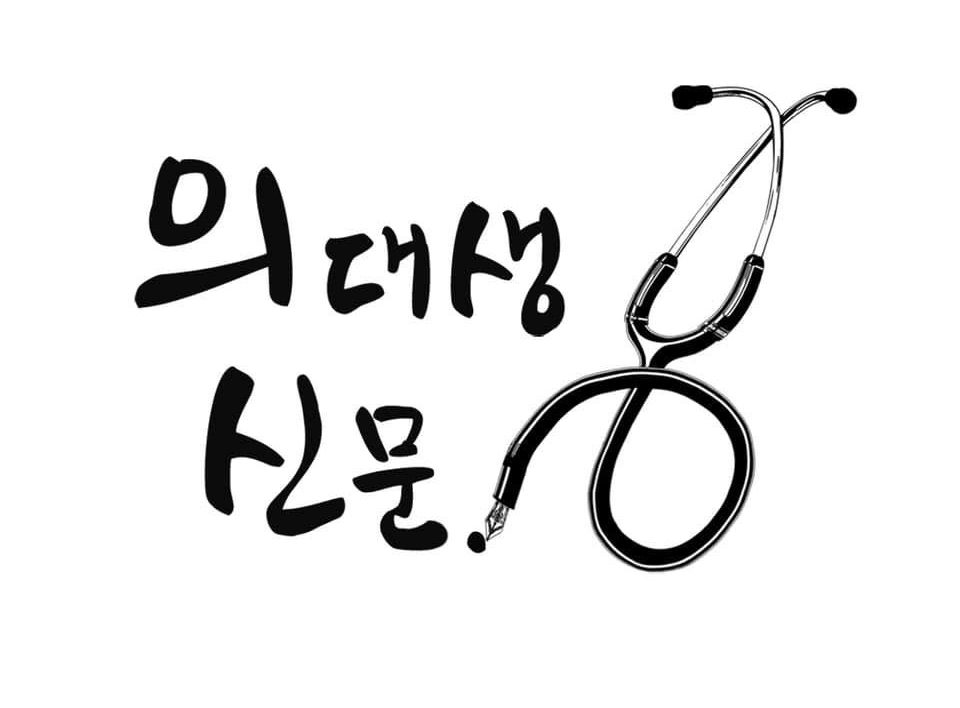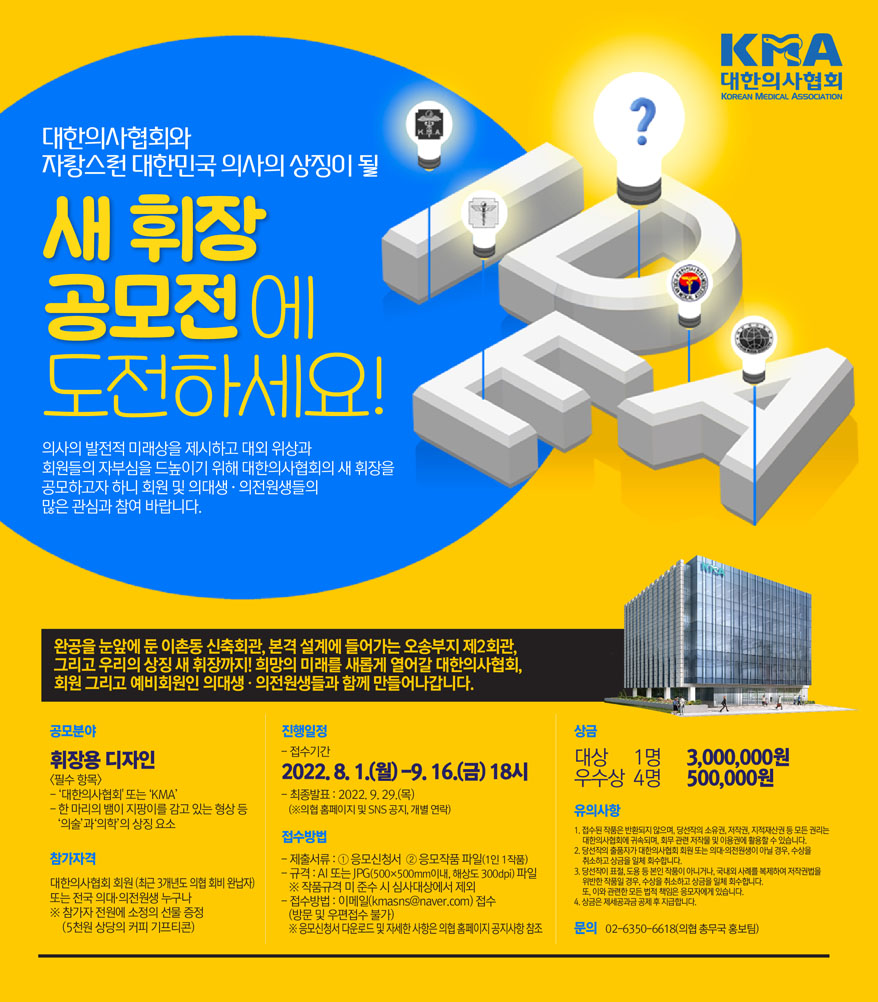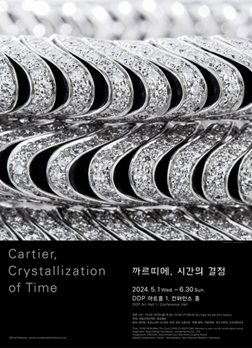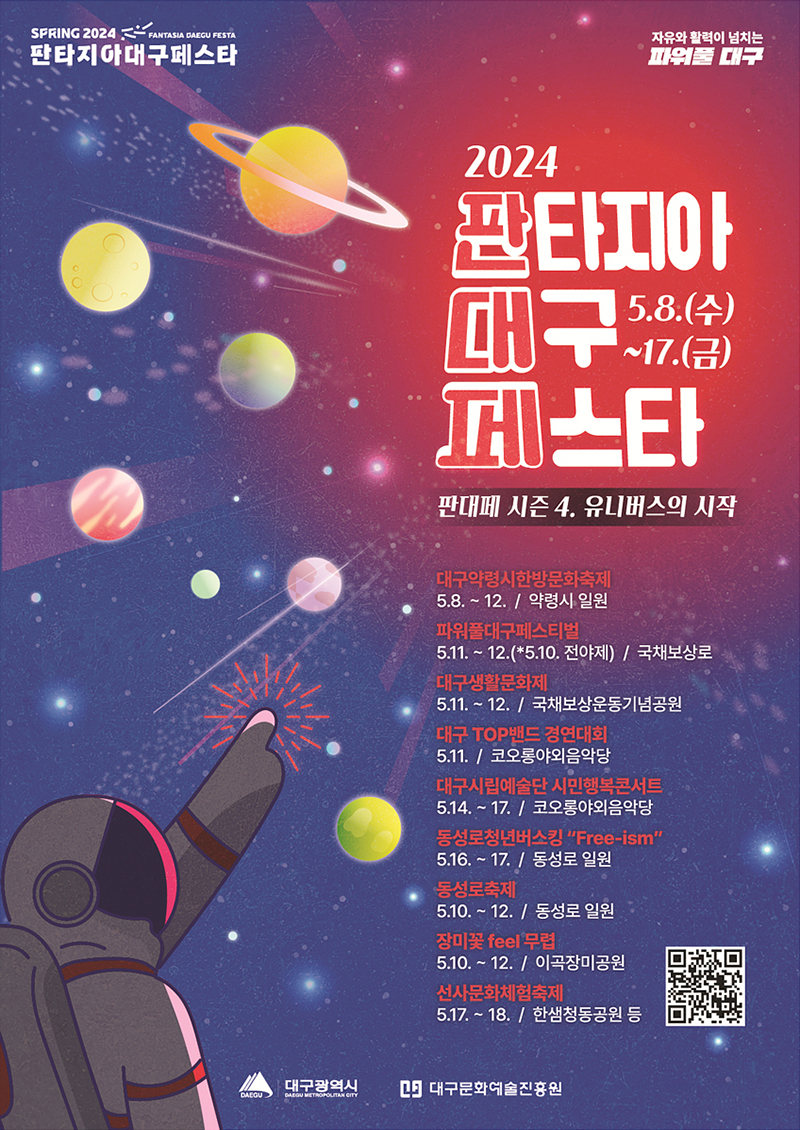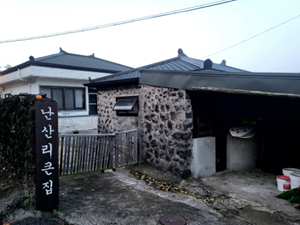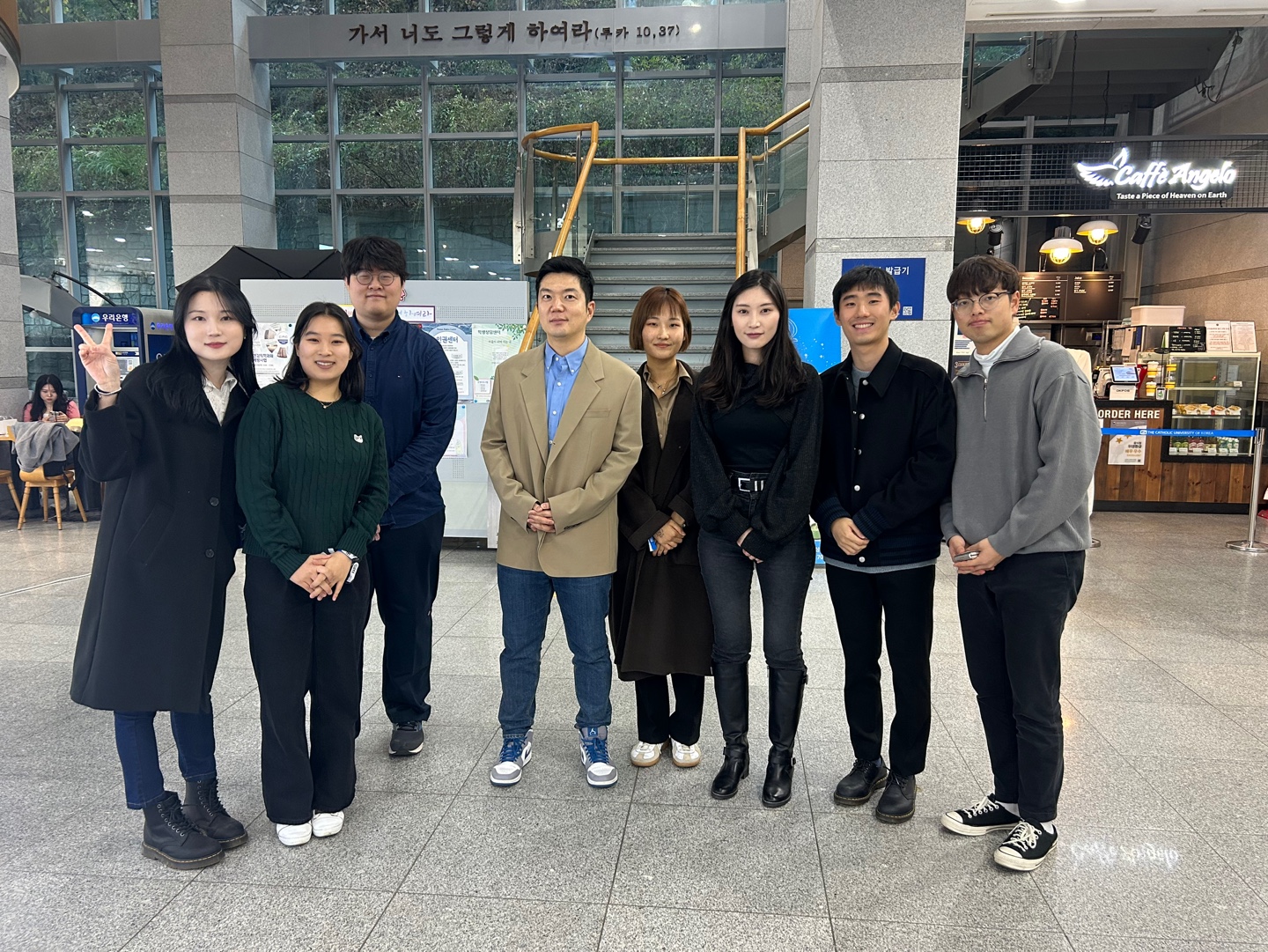For those who have lived aboard you know how the story goes: You move to a foreign land filled with Cinderella dreams. But as soon as you get there its not fiction anymore– It’s reality. The intricacies of language and culture, a different education system and the struggles to find yourself in a world bigger than you could ever imagine– It’s like you fell through Alice’s rabbit hole, ending up in her bizarre dream world. For anyone who went through culture shock you know how dark it can be at times. But in the end, we all saw the light at the end of the tunnel and bright did we shine: “Veni Vedi Veci; I came I saw I conquered”. Now we finally came back ready to be the doctor we’ve always dreamed of becoming. Walla! Fairy tales aren’t so fake after all right?
The problem here is that when we are home sick. We idealize what’s back at home. Also what we don’t realize is that we were gradually changing as human beings, broadening our perspective and opening our minds to new ideas, meanwhile back home life was changing as rapid pace with or without us. In the end, your home became where you were living and the home country you came from became a foreign country. Reverse culture shock is used to describe these feelings of alienation when people return back to their home country. People who have lived abroad often find adjusting to returning home harder than their adjustments to living in a foreign country – its Alice and Wonderland all over again but more like on steroids this time.
In this article, I write for those who may be experiencing the same thing. Know that this is a normal process and for the first few months we may find ourselves strangely lacking energy, motivation, and feeling constantly restless. Not only you may feel alienation and feeling unwelcomed, you might also be hypercritical about the customs of your home country comparing it with your experiences abroad. Many agree that keeping an open mind and patience is key. Also addressing your negative feelings is a quicker path to settling back rather than fight against them. A great way to deal with reverse culture shock is share your experiences and finding connections with the international student population. The core fabric of your home country might have changed but that does not mean you have to give up character and interests just to fit in. Maintain your style and stay true to yourself as naturally time will takes its trajectory, where one day your going to wake up and feel like your right back at home. Its just like this great Korean phrase I learned the other day: “존버 하면된다”. But what we have to be careful is that we should not keep a negative attitude and bring it up every conversation, as this will only further alienate ourselves. Lastly, as students of medicine we must not let this affect our study habits: we must work together, adjust our attitude and again come out victorious by being great doctors.
백승인 기자 / 가천
<pbaek93@gmail.com>
